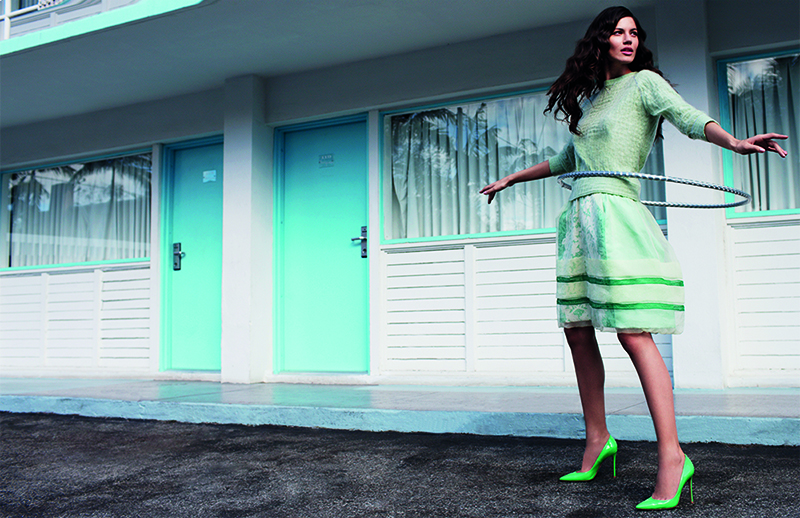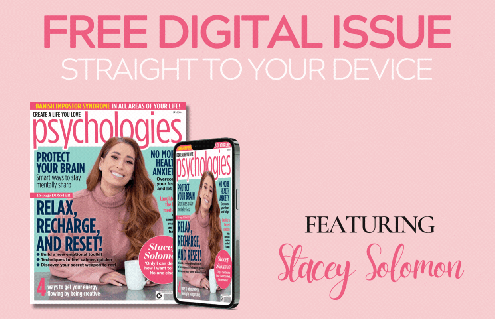Make your big impression at work
Whether you have an important job interview or just want to be noticed in your current role – how can you make sure you stand out for all the right reasons? Suzy Greaves finds out and tells you how in seven short steps. Step one, why first impressions do count

When you walk through the door, how do you think you come across? The real truth, says Heidi Grant Halvorson, author of No One Understands You And What To Do About It (Harvard Business Review, £14.99), is that most of us don’t come across the way we intend.
‘We can’t see ourselves objectively. Human beings have a tendency to distort other people’s feedback to fit their own views – which can be a huge problem at work and in your personal life. People may not trust you, may not like you, or may not even notice you as a result of these errors in perception,’ she says.
But also the way we come across is often in direct correlation to how we feel about ourselves. If you’re feeling scared, don’t panic. There are some proven and simple techniques that can help us get into a more empowered mode before we even enter the room – that will not only make us look more confident, but also make us feel more confident. Plus, there are some surprising counterintuitive secrets to making a powerful impression, by doing the opposite of what you think might impress.
Here, we look at the latest psychological research on how you can go about creating the right impression.
First impressions do count
Psychologists have discovered that, due to a process known as the ‘cognitive miser effect’, humans tend to think only as much as they feel they need to, making quick-fire assumptions about situations and other people.
When other people look at you, they just see what they expect to see, says Halvorson. Great if people have reason to believe that you’re smart – all they will see is evidence of intelligence in your behaviour. Not so good, for example, if they see you as lazy.
Studies show those first impressions of a person last. Psychologists refer to this as ‘primacy effect’ – the information we first get about something is most likely to be remembered. Worse still, it can take a lot to shift that view. It’s not just what you say, either. First impressions are greatly influenced by non-verbal cues. Studies have found that these have over four times the impact on a first impression than anything you actually say.
If you’re about to have a job interview, do your research on who is interviewing you if you can, says Halvorson. The more you can know in advance about your perceiver’s likes, dislikes, strengths and weaknesses, the better equipped you will be to anticipate what’s being projected onto you so you can combat it.
Other tips? Research shows that a smile and widening the eyes gives you warmth. And raise your eyebrows. This is a universal gesture of recognition and acknowledgement and makes you seem approachable.
Photograph: Gallery Stock








